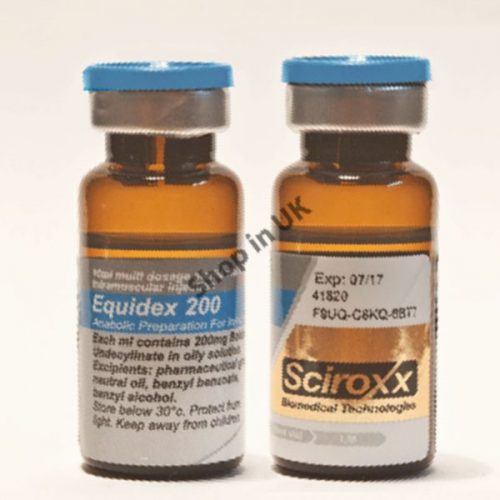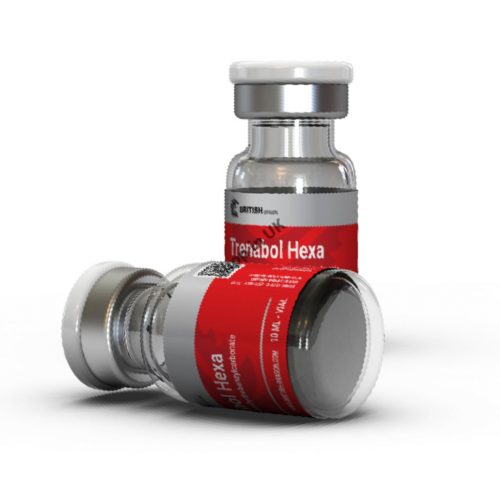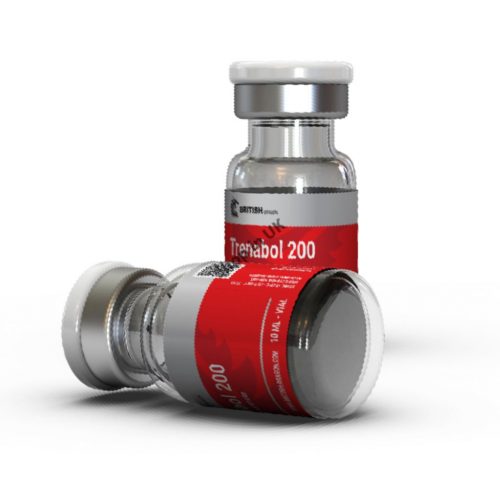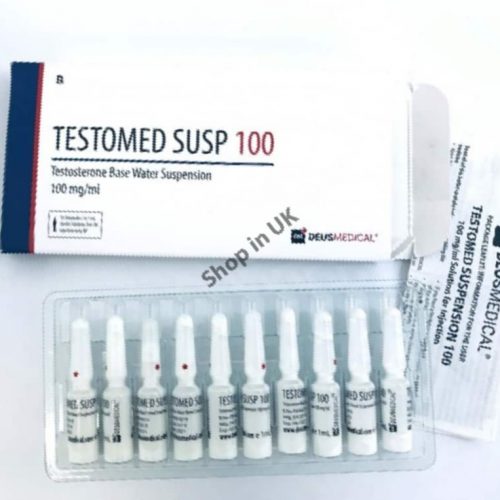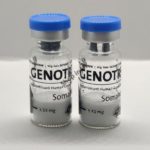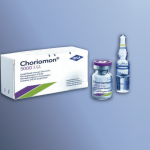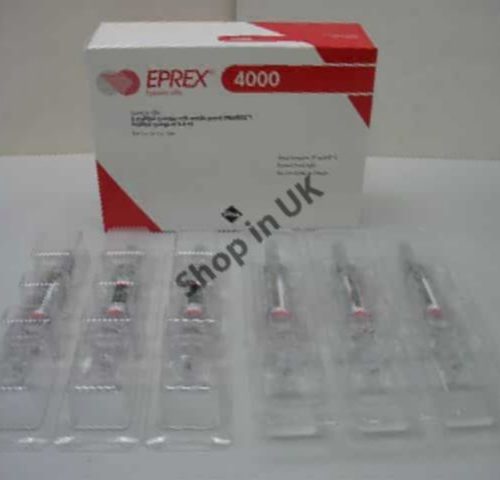Description
Indications
- Eprex is prescribed for patients with anemia. It is widely used to treat patients with chronic renal failure.
- The drug is indicated for pediatric patients and adults undergoing hemodialysis (blood purification). This remedy is also prescribed for adult patients undergoing peritoneal dialysis.
- Patients with associated kidney failure, as a symptomatic treatment of anemia, if hemodialysis was not previously prescribed as a method of blood purification.
- When undergoing a course of chemotherapy in patients with malignant lymphomas, non-myeloma forms of tumors, multiple myelomas, when a high risk of blood transfusion is identified.
- Eprex may be prescribed to prepare for an upcoming blood transfusion. When performing major surgical interventions in patients with moderate anemia.
- Its use accelerates the process of red blood cell recovery.
Method of administration and dosage
The drug is available as a solution for injection. The solution can be used for intravenous and subcutaneous injection. Before using the ampoules, they must undergo a visual inspection for the presence of third-party elements, the color of the solution is checked.
Contraindications
One of the contraindications for taking Eprex is individual intolerance to one of the components of the drug, hypersensitivity to the main active ingredient. Also contraindications for the appointment of this anti-anemic agent are:
- In the patient’s history, the development of true erythrocytic aplasia against the background of erythropoietinosis, in which symptoms of lymphoma, signs of connective tissue disorders are observed.
- A direct contraindication to the use of this drug is uncontrolled arterial hypertension.
- Severe course of cerebrovascular diseases, coronal, carotid pathologies.
- In patients undergoing orthopedic surgery with a recent stroke or myocardial infarction.
- The drug is not prescribed for surgical patients who cannot be prevented with anti-thrombotic drugs.
A cautious approach is required when prescribing Eprex to patients with a history of chronic liver failure, impaired gallbladder and duct functions.
For patients with anemia proceeding against the background of hemodialysis, with a deficiency of vitamin B12, iron, folic acid, severe blood loss before taking the drug, it is important to prescribe therapy, the action of which is aimed at eliminating the cause of such conditions, as well as the reasons that can provoke the development of anemia.
An antianemic drug should be used with caution in overweight patients, patients with a history of thrombosis.
Before buying Eprex in Israel, you need to consult with your doctor. Only a specialist, based on the patient’s condition, the results of his laboratory and diagnostic studies, the severity of the disease, prescribes an effective therapy.
During pregnancy, the drug is prescribed only when urgently needed, when the positive effect of treatment outweighs the risk to the fetus. For the period of treatment, breastfeeding is suspended.
pharmachologic effect
Taking the drug allows you to activate mitosis, indirect cell division, and stimulate the formation of erythrocytes.
Recommendations and other features
A decrease in the level of hemoglobin in the blood is accompanied by severe weakness, a person’s physical endurance decreases, fatigue quickly manifests itself during mental stress. Anemia greatly reduces the survival rate in patients with cancer diagnosis.
The development of anemia in patients with cancer occurs for various reasons. They can be divided into the following groups:
- this condition may be caused by an insufficient amount of iron, a decrease in the level of erythrocytes, an accelerated process of their destruction, profuse blood loss, bleeding of a chronic nature, often accompanying the course of colorectal cancer;
- decreased appetite, malnutrition, which causes insufficient intake of iron in the human body;
- hemolysis – a violation of the cell membrane and the release of hemoglobin into the plasma;
- a decrease in the production of red blood cells – erythropoiesis.
Eprex belongs to antianemic drugs. The active ingredient is a chemically purified glycoprotein (erythropoietin), which stimulates the production of erythrocytes by the bone marrow. Epoetin alfa obtained using genetic engineering methods is absolutely identical to erythropoietin excreted in the urine of patients with anemia.
The effectiveness of its use has been proven by the results of studies conducted on healthy and anemic rats, as well as animals suffering from chronic blood disease, characterized by an increase in the number of red blood cells (polycythemia). Taking the drug increases the level of red blood cells, increases hemoglobin, its action speeds up the process of iron absorption.
The drug selectively stimulates erythropoiesis – the production of erythrocytes, without causing changes in the formation of leukocytes (leukopoiesis).
Due to the possible effect of the main active ingredient on the concentration level of cyclosporine, additional monitoring is required.
Side effects
Many patients who have been diagnosed with chronic renal failure have been diagnosed with and confirmed to have an increase in blood pressure while undergoing chemotherapy while taking the drug. Therefore, when prescribing Eprex, the patient needs constant monitoring by a specialist. With symptoms of a hypertensive crisis, it is important to consult a specialist for help. If it is impossible to normalize the pressure, therapy with an antianemic drug is discontinued.
Also, while taking Eprex, many patients noted the following conditions:
- thrombosis;
- attacks of nausea, seizures, headaches;
- on the part of the digestive tract, there is a violation of the stool, vomiting;
- skin rashes.
In patients taking Eprex, there may be conditions characteristic of the course of influenza, pharyngitis, rhinitis, and swelling of the nasal mucosa develop.
Allergic reactions, including anaphylactic shock, may develop while taking the drug.
Research results have shown that in addition to the listed side effects, patients with anemia may develop the following conditions:
- thrombocythemia;
- the formation of blood clots inside the deep veins;
- local reactions.
